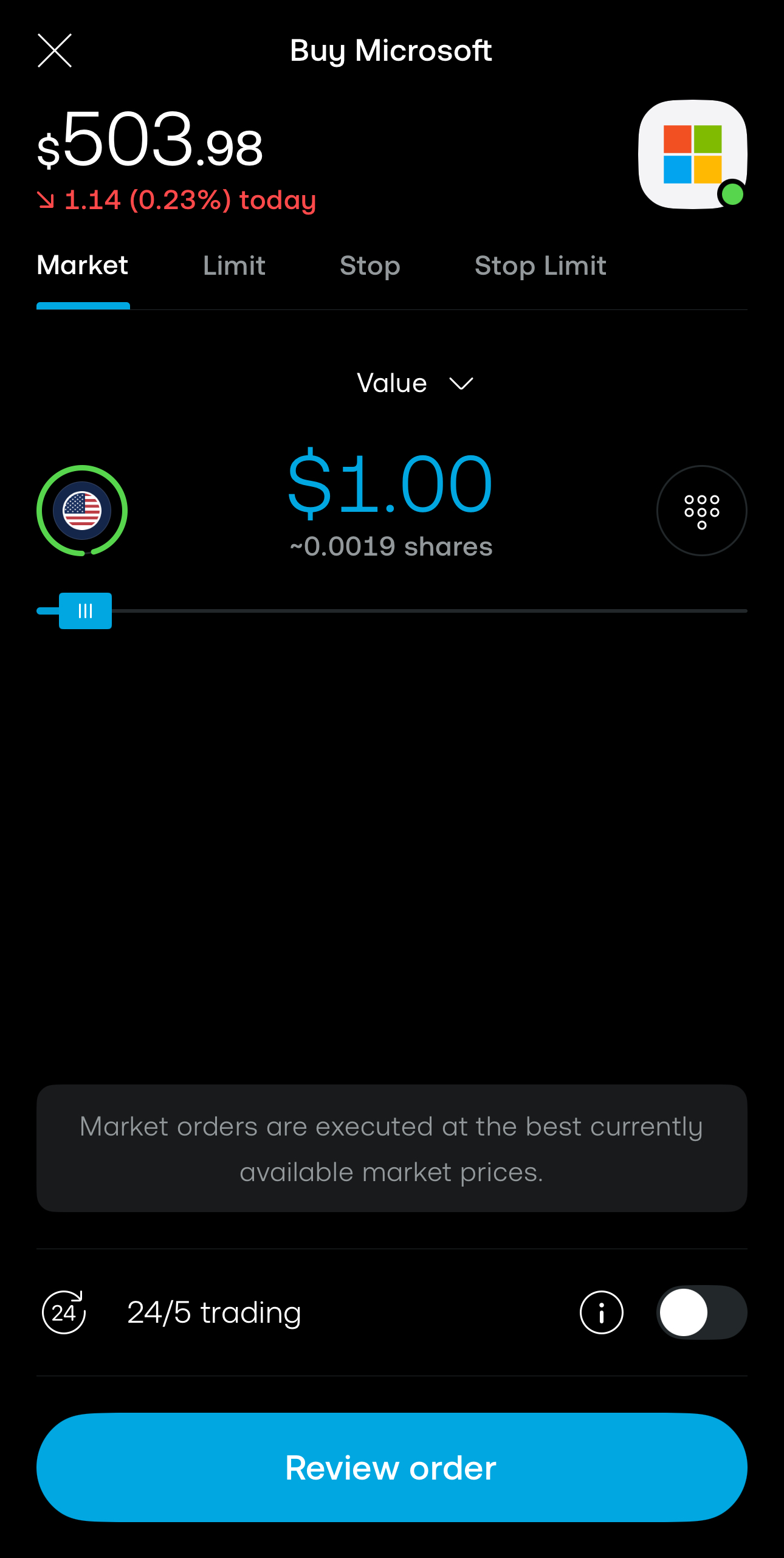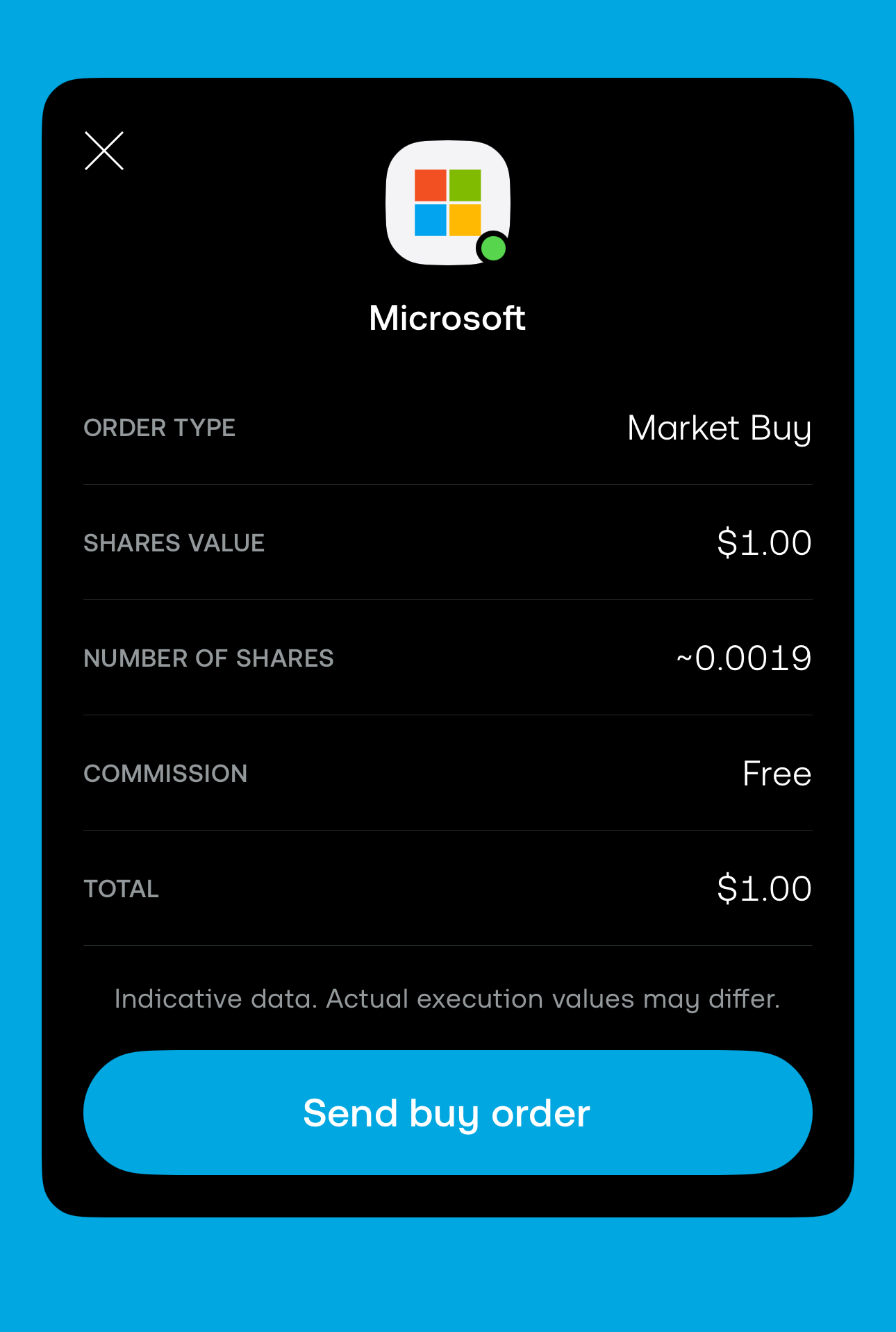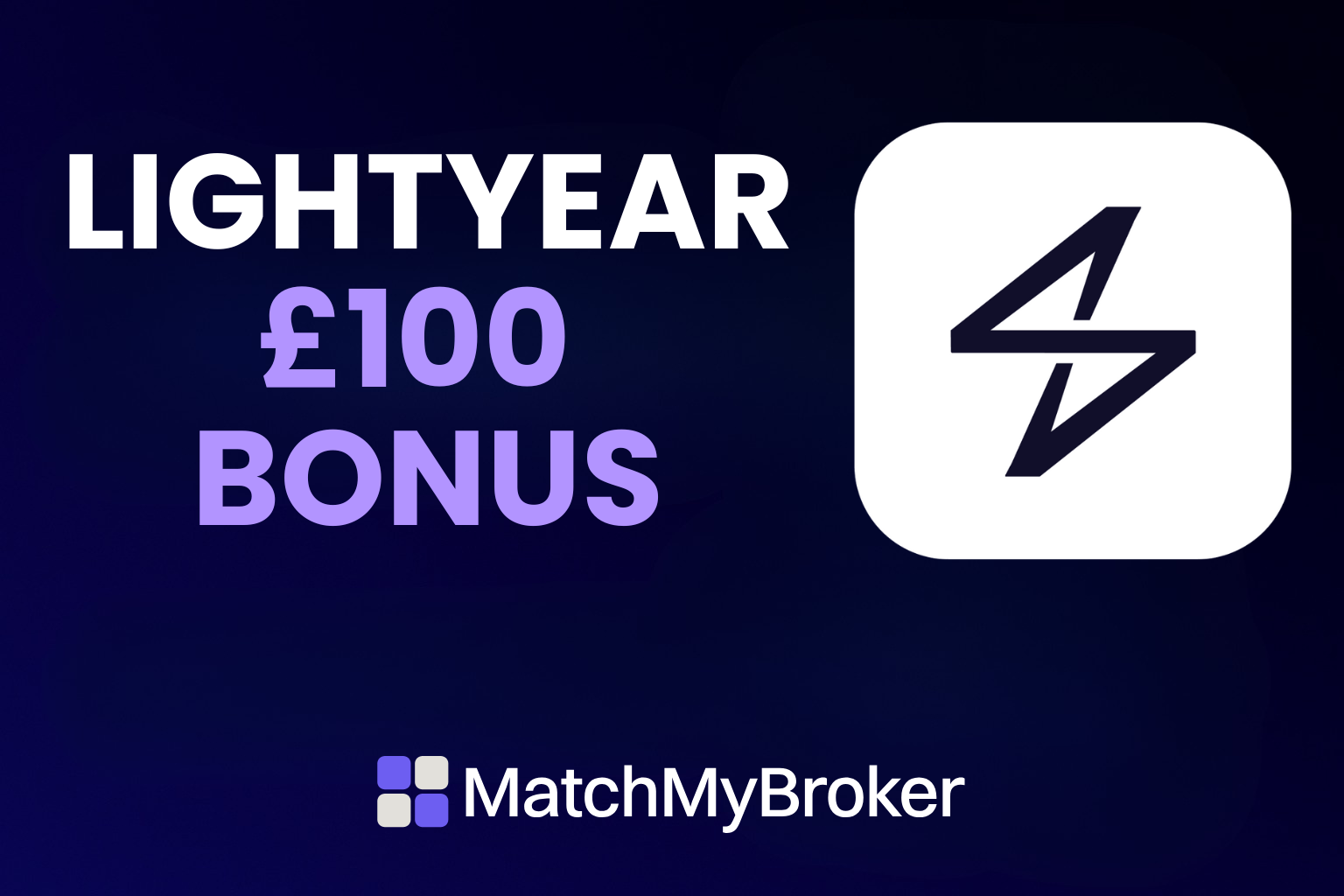Fractional Shares Explained: What They Are and How They Work


Fractional shares have revolutionized investing by breaking down traditional barriers that once kept smaller investors out of the market. Instead of needing $1,000 or more to buy a single share of an expensive stock, you can now own a piece of that company for as little as $1. But how exactly do fractional shares work, and are they right for your investment strategy?
What Are Fractional Shares?
Fractional shares allow you to purchase a portion of a stock rather than a full share. Think of it like buying a slice of pizza instead of the whole pie. If a stock costs $500 per share and you invest $50, you would own 0.1 shares (or 10%) of that stock.
This concept extends beyond individual stocks to include exchange-traded funds (ETFs), making diversified investing accessible to investors with smaller budgets. We've found that fractional shares have democratized investing in ways that seemed impossible just a decade ago.
How Fractional Shares Work
When you place an order for fractional shares, your broker pools your money with other investors' funds to purchase whole shares. The broker then allocates the appropriate fraction to each investor's account based on their investment amount.
Here's a simple example: If Apple stock trades at $200 per share and you want to invest $50, your broker will purchase 0.25 shares and credit them to your account. You'll receive dividends and benefit from price movements proportional to your ownership percentage.
The Major Benefits of Fractional Shares
Portfolio Diversification Made Simple
Fractional shares eliminate the mathematical puzzle of building a diversified portfolio. Instead of trying to buy whole shares of multiple companies with limited funds, you can allocate exact dollar amounts across different investments.
For instance, with $1,000, you might choose to invest $200 in each of five different companies, regardless of their individual share prices. This approach gives you precise control over your asset allocation.
Lower Barrier to Entry
We've observed that fractional shares have opened investing to an entirely new demographic. Students, young professionals, and anyone with modest savings can now participate in the stock market without waiting to accumulate large sums.
High-priced stocks like Berkshire Hathaway Class A (trading over $750,000 per share) or companies like Tesla become accessible to virtually any investor with fractional shares.
Dollar-Cost Averaging Benefits
Fractional shares make dollar-cost averaging strategies more effective. You can invest a fixed dollar amount regularly, buying more shares when prices are low and fewer when prices are high, without worrying about having enough money for whole shares.
Dividend Income Proportional to Ownership
When you own fractional shares, you receive dividends proportional to your ownership percentage. Own 0.5 shares of a company paying a $2 dividend per share, and you'll receive $1 in dividend income.
The Drawbacks and Limitations
Limited Transferability
One of the most significant limitations we've encountered is that fractional shares typically cannot be transferred between brokers. If you decide to switch brokerage firms, you'll usually need to sell your fractional shares and repurchase them at your new broker.
Only full shares can be transferred through standard processes like ACATS (Automated Customer Account Transfer Service). This limitation can create complications if you want to consolidate accounts or change brokers.
Which Brokers Offer Fractional Shares?
Most major online brokers now offer fractional share investing, but the specific features and available securities vary. We've found that brokers differ in their minimum investment amounts, available stocks and ETFs, and additional features. We could recommend eToro, Interactive Brokers, Trading 212 & Lightyear for fractional investing.
When choosing a broker for fractional share investing, consider factors like:
- Minimum investment amounts (some allow investments as low as $1)
- Range of available stocks and ETFs
- Commission structure and fees
- Additional features like automatic investing
- Account transfer policies for fractional shares
For a comprehensive comparison of brokers offering fractional shares, you might find our broker match tool helpful in identifying platforms that best suit your investing needs.


Smart Strategies for Fractional Share Investing
Start with Blue-Chip Stocks
We recommend beginning with established, high-quality companies that you understand. Fractional shares make expensive blue-chip stocks accessible, allowing you to own pieces of companies you believe in without large capital requirements.
Use for ETF Investing
ETFs are particularly well-suited for fractional share investing. You can build a diversified portfolio of ETFs covering different sectors, geographic regions, or investment strategies with small dollar amounts.
Implement Systematic Investing
Set up automatic investments to purchase fractional shares regularly. This approach removes emotion from investing and helps you maintain consistent investment habits regardless of market conditions.
Mind the Tax Implications
Fractional shares are taxed the same way as full shares. You'll owe taxes on dividends received and capital gains when you sell, proportional to your ownership percentage.
Common Misconceptions About Fractional Shares
"Fractional Shares Aren't Real Ownership"
This is incorrect. When you own fractional shares, you have proportional ownership rights in the company, including dividend payments and voting rights (where applicable). Your fractional ownership is legally protected and represents genuine equity ownership.
"Fractional Shares Are More Expensive"
Most reputable brokers offer fractional shares with the same commission structure as full shares. Zero-commission brokers typically don't charge extra fees for fractional share transactions.
"You Can't Make Real Money with Small Investments"
While smaller investments naturally generate smaller absolute returns, the percentage gains remain the same. A 10% gain on a $50 fractional share investment still represents a 10% return on your invested capital.
Getting Started with Fractional Shares
If you're ready to begin fractional share investing, start by:
- Choosing a reputable broker that offers fractional shares with features that match your needs
- Starting small to understand how fractional shares work in practice
- Focusing on quality companies or diversified ETFs rather than speculative investments
- Setting up automatic investments to build consistency in your investing approach
- Understanding the transfer limitations before committing to a particular platform
For detailed reviews of brokers offering fractional shares, explore our comprehensive broker reviews to find platforms that align with your investment goals.
Frequently Asked Questions
Are Fractional Shares Right for You?
Fractional shares make the most sense if you want to invest in expensive stocks with limited capital, need precise control over asset allocation, or want to implement dollar-cost averaging strategies. However, if you frequently transfer accounts between brokers or require advanced trading features, the limitations might outweigh the benefits.
We believe fractional shares are an excellent tool for beginning investors and anyone looking to diversify their portfolio without large capital requirements. They've made investing more accessible and democratic than ever before.
What is a fractional share?
A fractional share is a portion of a full share of stock. Instead of buying a complete share, you can purchase a fraction based on the dollar amount you want to invest. For example, if a stock costs $100 and you invest $25, you own 0.25 shares.
Can I receive dividends on fractional shares?
Yes, you receive dividends proportional to your fractional ownership. If you own 0.5 shares of a company that pays $2 per share in dividends, you'll receive $1 in dividend income.
Can I transfer fractional shares to another broker?
Generally, no. Most brokers don't allow fractional share transfers. You would typically need to sell your fractional shares and repurchase them at your new broker. Only whole shares can be transferred between most brokerage accounts.
What's the minimum amount I can invest in fractional shares?
This varies by broker, but many platforms allow investments as low as $1. Some brokers may have higher minimums, such as $5 or $10, depending on their policies and the specific stock or ETF.
Are there any fees for buying fractional shares?
Most major brokers that offer commission-free stock trading extend this to fractional shares as well. However, it's important to check with your specific broker as policies can vary.
Risk Disclaimer. Trading involves significant risk and may not be suitable for all investors. The value of investments can go down as well as up, and you may lose some or all of your initial investment. Past performance is not indicative of future results. We recommend only investing money you can afford to lose and ensuring you fully understand the risks involved before trading.


